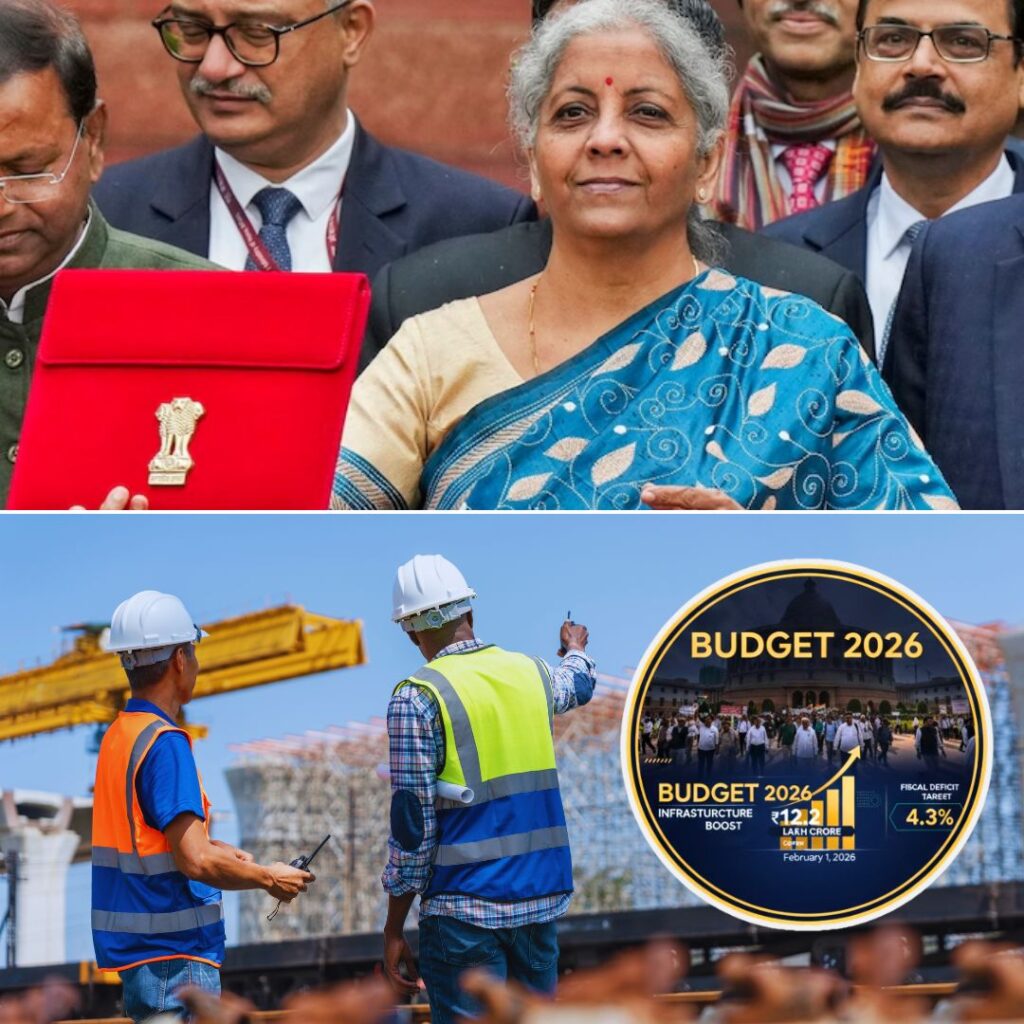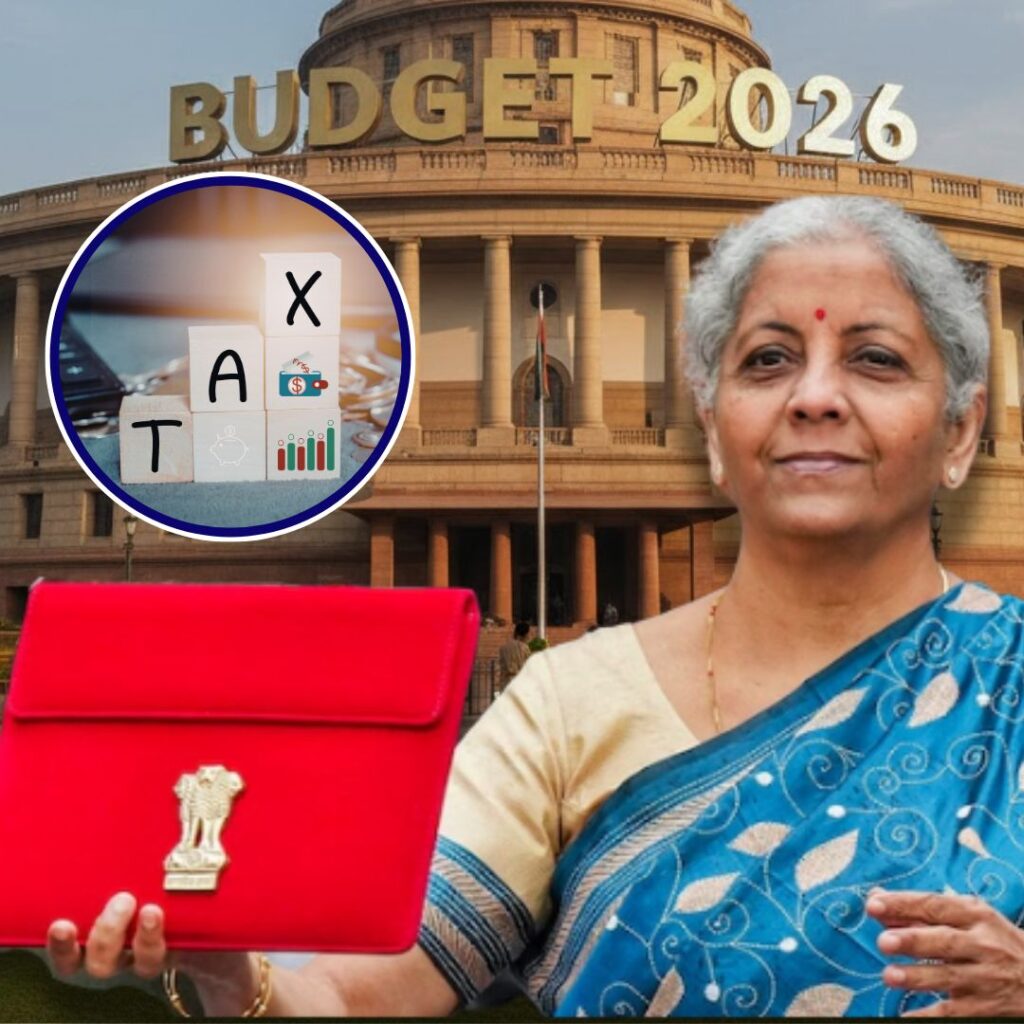Karnataka Congress MLA Shivaganga Basavaraj is facing severe backlash after making derogatory and sexist remarks towards Forest Range Officer Shweta for missing a meeting due to pregnancy-related reasons. During a Karnataka Development Programme (KDP) review meeting in Channagiri, Basavaraj accused the officer of using her pregnancy as an “excuse” and mocked her for seeking leave.
The incident, captured on video, has gone viral and triggered outrage across Karnataka, with women’s rights groups, political leaders, and citizens demanding disciplinary action. The Congress Disciplinary Committee has issued a show-cause notice to the MLA, while the Opposition has accused the Siddaramaiah government of shielding insensitivity within its ranks.
‘Pregnancy is an Excuse’: A Comment that Sparked Outrage
The controversy began when Basavaraj learned that Shweta, a forest officer, had skipped the KDP meeting due to her pregnancy. Instead of expressing understanding, the MLA reportedly lashed out publicly, saying, “If she is pregnant, she should take leave. Why does she need to work? She wants to make money but takes leave when meetings are called. Is there no shame?”
He added, “Pregnancy is an excuse. One should feel ashamed; every time it’s the same excuse-‘I’m pregnant, going to the doctor.’” The MLA then instructed other officials to take “immediate action” against Shweta.
Videos of Basavaraj’s comments quickly went viral, leading to an outpouring of criticism. Women’s rights activists accused him of normalising workplace sexism and trivialising maternity leave-a legal and essential right.
Prominent advocacy groups like the National Federation of Indian Women (NFIW) and several bureaucrats’ associations called the remarks “deeply misogynistic” and demanded an apology from both the MLA and the Congress party leadership.
Political Ripples and Institutional Silence
The backlash has spilled into the political sphere, with the Bharatiya Janata Party (BJP) seizing the opportunity to question the Congress government’s commitment to gender equality. BJP leaders criticised the Congress’ silence, describing it as evidence of “institutional hypocrisy on women’s issues.”
In response to the mounting public anger, the Congress Disciplinary Committee has issued a notice seeking a written explanation from Basavaraj within seven days.
While Basavaraj has maintained public silence, party insiders have admitted that the remarks “embarrassed” the state leadership. Chief Minister Siddaramaiah, who has yet to make a public statement, is reportedly reviewing the party’s next steps, including potential disciplinary measures.
Meanwhile, social media remains flooded with demands for Basavaraj’s resignation, with the hashtag **#SuspendBasaraj trending across Karnataka. Civil society groups have also underscored how such incidents erode confidence in women-friendly policies introduced by the same administration.
A Stark Contrast to Karnataka’s Progressive Reforms
Ironically, the controversy erupted just weeks after Karnataka earned praise for introducing a one-day paid menstrual leave policy for all women employees in government and private institutions. That progressive move was hailed as a benchmark for gender-sensitive governance.
Critics argue that Basavaraj’s language undermines these achievements and exposes the “dual reality” of progressive policymaking coexisting with regressive mindsets within Indian politics.
Observers recall that this is not an isolated case – last month, Congress leader R.V. Deshpande faced similar outrage after making an inappropriate remark about a journalist’s “time to have a baby.” Such repeated controversies point to a deeper cultural issue that transcends political parties, highlighting persistent gender bias in male-dominated spaces of power.
The Logical Indian’s Perspective
Insensitive remarks like these do more than offend – they reveal entrenched patriarchy that continues to undervalue women’s roles in both professional and public life. Leaders hold the power to shape cultural norms; their words can either empower or alienate. Political accountability shouldn’t end with apologies-it should initiate structural reforms promoting sensitivity and empathy across institutions.
The Logical Indian urges policymakers and political parties to implement mandatory gender-sensitivity training for public representatives. It’s time governance reflects equality not just in policy but in practice.











